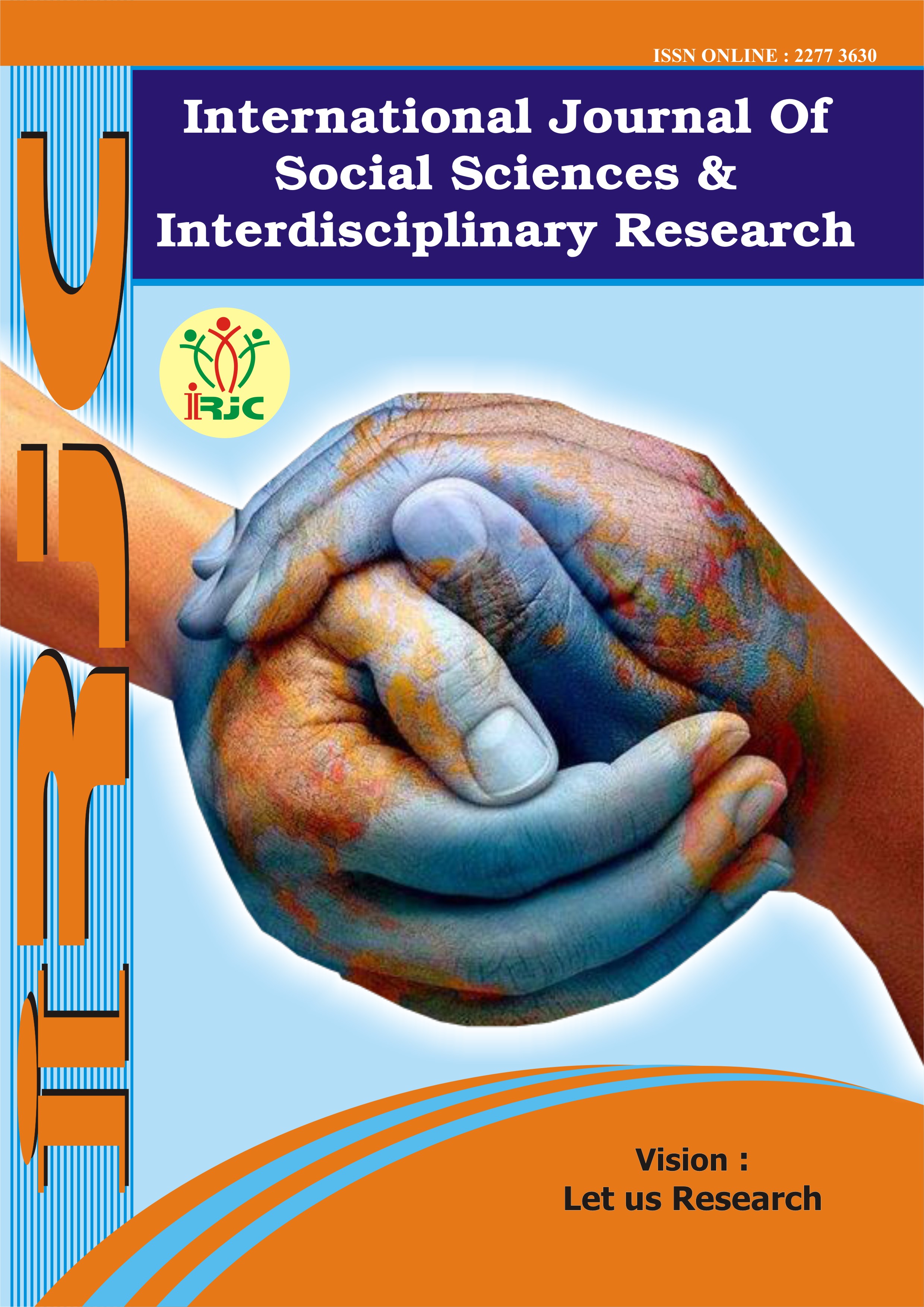Principles of adult learning theory and implications for learning and teaching
Keywords:
adults, communicative competence, participants, language, androgogy, pedagogy, methods, learners.Abstract
English is an international language used for communication in education, technology, commerce, and politics, so it is studied as a foreign language in many countries around the world. The article is mainly devoted to the study of a new phenomenon - teaching English as a foreign language to adults using CLT. The purpose of this study was to find new ways to improve communicative competence.
References
. Florez, M. c., & Burt, M, “Beginning to work with adult English language learners: Some considerations,”2001
. Gorsuch, G, “EFL educational policies and educational cultures: influences on teachers’ approval of communicative activities” TESOL Quarterly, 34(4), 2000: P-675-690.
. Incecay, G., & Incecay, V, “Turkish university students’ perceptions of communicative and non-communicative activities in EFL classroom,” Social and Behavioural Science, 1, 2009: P-618-622.
. Littlewood, W, “Communicative and task-based language teaching in East Asian classrooms,” Language Teaching 40, 2007: P- 243-249.
Downloads
Published
How to Cite
Issue
Section
License
Copyright (c) 2022 GEJournals

This work is licensed under a Creative Commons Attribution-NonCommercial-NoDerivatives 4.0 International License.





